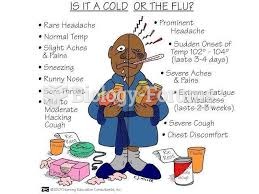|
|
|
People who have myopia, or nearsightedness, are not able to see objects at a distance but only up close. It occurs when the cornea is either curved too steeply, the eye is too long, or both. This condition is progressive and worsens with time. More than 100 million people in the United States are nearsighted, but only 20% of those are born with the condition. Diet, eye exercise, drug therapy, and corrective lenses can all help manage nearsightedness.
The average office desk has 400 times more bacteria on it than a toilet.
Medication errors are three times higher among children and infants than with adults.
Many supplement containers do not even contain what their labels say. There are many documented reports of products containing much less, or more, that what is listed on their labels. They may also contain undisclosed prescription drugs and even contaminants.
The first oncogene was discovered in 1970 and was termed SRC (pronounced "SARK").
 This moose exploits the twigs and buds of woody plants for the food it needs to survive a cold north
This moose exploits the twigs and buds of woody plants for the food it needs to survive a cold north
 Electrocardiography. (a) Electrodes are placed on the patient’s chest to record the electrical event
Electrocardiography. (a) Electrodes are placed on the patient’s chest to record the electrical event
 The proportion of men and women with elevated blood pressure or taking hypertension medication incre
The proportion of men and women with elevated blood pressure or taking hypertension medication incre




